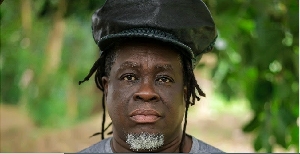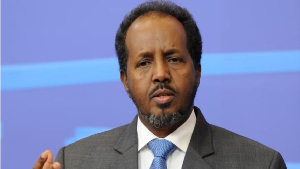The National Council for Curriculum & Assessment (NaCCA) has refuted claims that newly developed curriculum is deliberately structured to throw spotlight on the achievements of Statesman, JB Danquah more than Ghana’s first President Dr. Kwame Nkrumah.
A statement by the NaCCA on Wednesday said its focused on enabling pupils appreciate the chronology of the events of our political history, adding “History is chronological and periodical in nature.
It said:”The period covered in the history curriculum at the primary level focuses mainly on the pre-independent events that formed the basis for the later development of political activities which contributed to the independence of Ghana. At this stage Dr. J. B. Danquah played a prominent role.”
The statement further noted “At the JHS and SHS levels, the history curriculum will highlight further details on the independence and post-independence political activities. This is where Dr. Kwame Nkrumah and other political leaders and regimes feature more prominently.
Meanwhile the NaCCA statement said: “The experts who designed the curriculum were not selected on the basis of any political considerations, and it is unfortunate for anyone to suggest otherwise. The likes of Prof. Kwame Osei Kwarteng, Prof. Wilson Yayoh, Dr. Samuel Boadi Siaw, Mrs. Anitha Adu-Boahen and other historians who worked on the History Curriculum are all scholars of great repute and proven integrity who have nothing to gain by skewing historical facts one way or the other. For quality assurance, the curriculum was reviewed by Professor Emeritus D. E. K. Amenumey.”
”Whilst NaCCA appreciates and values public feedback on the new curriculum as an important element in helping to improve learning outcomes through a robust and responsive curriculum, we wish to state for the avoidance of doubt that our work is based mainly on academic and professional considerations.”
General News of Wednesday, 17 April 2019
Source: kasapafmonline.com













